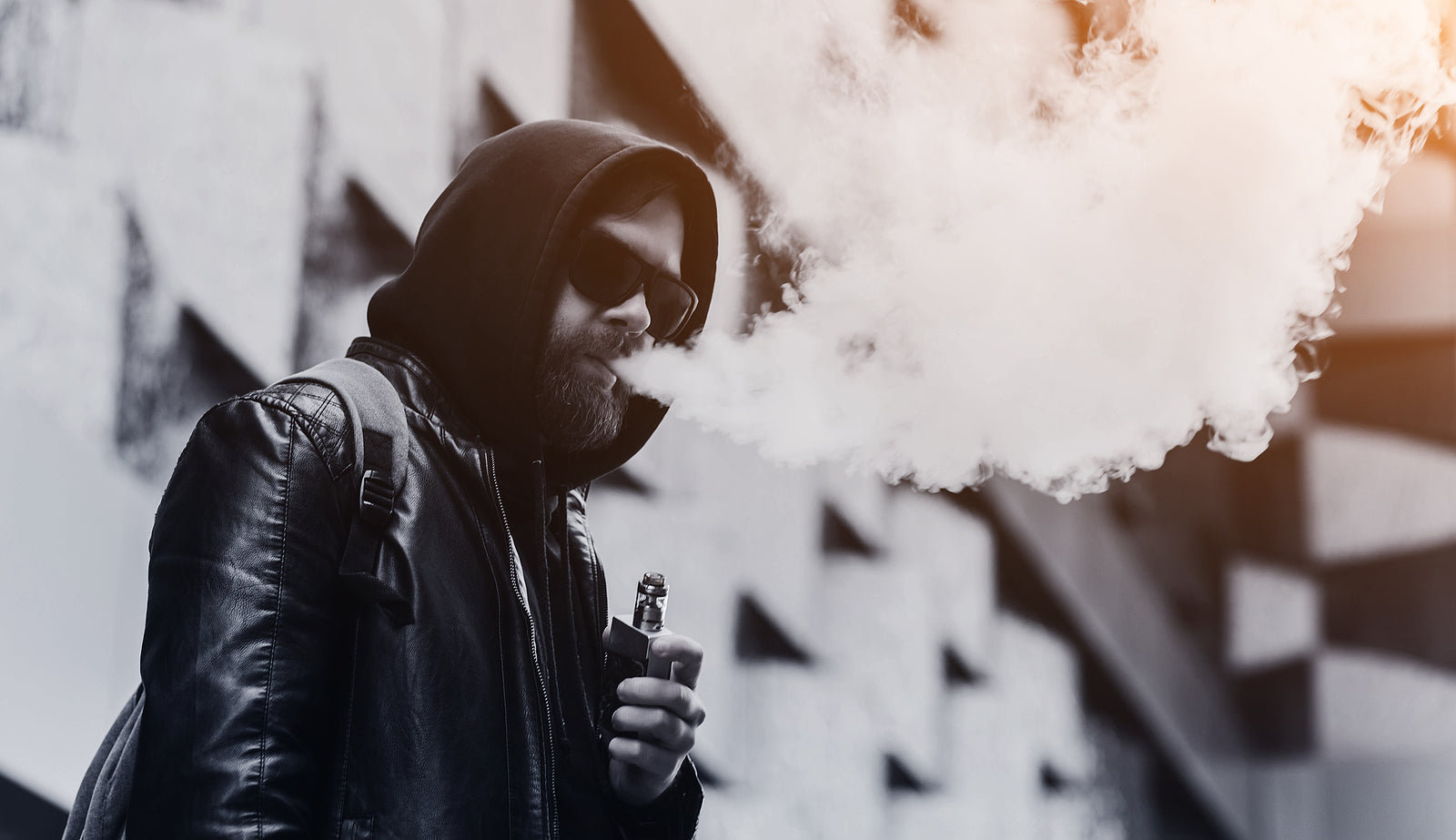The good news that vaping offers an effective way of quitting smoking with much less harm than lighting up a cigarette has been overshadowed all too often by headlines about underage vaping.
This is a situation that could push decision-makers towards legislation to curb vaping altogether, as has happened in Australia (although this falls short of a ban). Therefore, it is incumbent on those involved in the industry to do more to make sure under-18s, who cannot legally vape, are not getting their hands on them.
A pertinent question is that of who holds the responsibility, but to say it is just advertisers, or just producers, or just shopkeepers is to give an overly simple answer. All have a role to play. Your role is critical if you buy wholesale vapes to sell to consumers.
The role of advertisers has hit the headlines after the Advertising Standards Authority issued an enforcement notice banning vape adverts on social media, as teenagers can readily see these. The main target of the notice is TikTok, where a number of recent breaches have occurred.
In a statement, the ASA said: “Ads must be responsible, and that includes not being targeted at or likely to appeal particularly to under-18s.”
This situation has prompted shadow health secretary Wes Streeting to say that a future Labour government would crack down harder on advertisers seen to be targeting children with vaping products.
However, any perceived targeting of children through messaging, branding, colours, or any other aspect of the products would mean little if shop owners were determined not to sell products to the under-age.
This point was emphasised by Punchline Gloucester, a website for businesses in the county. It noted the ASA action over social media advertising, but highlighted that this “comes as a Gloucester vaping store shares the extent of illegal sales on Gloucester's streets.”
The store in question, Totally Wicked, has reported over 50 corner shops in the city. Its supervisor, Dan Fisher, said: “The law really needs to be tightened so that legitimate businesses, which always check ID and sell vapes that comply with the law, are protected."
He added that local Trading Standards also appear to have fallen short, with no action appearing to be taken against some of the stores that have been reported.
This is despite the fact that Trading Standards officers visited 29 shops in the city in August 2022 to remind them of their legal responsibilities and potential penalties for breaches, which could include fines of up to £2,500.
Failures by Trading Standards have been cited before. Last month, the UK Vaping Industry Association published data based on a Freedom of Information request revealing just two successful prosecutions were made of traders selling vapes to underage children across six major cities over a period of three years.
It would appear that rogue traders are exploiting what is evidently a low risk of prosecution. But given the risks that this could lead to politicians seeking to do more to curb vaping - especially if there is a change of government and incoming ministers want to be seen to act tough - it is vital stores act responsibly.
